Top Project Management Tools For Marketing Companies (Pt. 1)
When marketing managers think like project managers, things get done. As Cheryl Conner (entrepreneur and communications expert), succinctly puts it, “metrics would soar” and “timelines shorten” only if marketing managers were to think like traditional project managers.
And marketing teams are beginning to realize this.
In a Software Advice buyer report, we found that “Marketing/PR & Advertising” firms were one of the top three industries looking for PM tools.
Following up on this report, we studied the most requested PM tools by marketing departments that consulted us in 2017. Here are the results:
Most Requested PM Tools By Marketing Departments
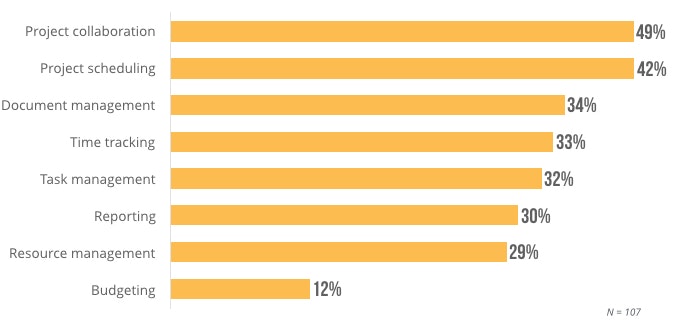
We’re going to break down and identify the primary small and midsize business (SMB) benefits for each of these top PM tools in a two-part series.
Read on for the first four—the next four will be covered in an article soon to come.
Here’s what we’ll cover:
Which of these PM tools does your marketing department need?
Project Collaboration
Project Scheduling
Document Management
Time Tracking
Task Management
Reporting
Resource Management
Budgeting
 Loading ...
Loading ...
Project Collaboration
Core Use Case: For marketing companies, collaboration boils down to effective communication in projects. A U.S.-based marketing firm that consulted us faced challenges in this realm:

We want to eliminate Gmail as our collaboration tool and have a system in place for commenting on projects as they progress.
Instead of disparate email threads that are easily lost, a centralized platform brings all team communication into one location.
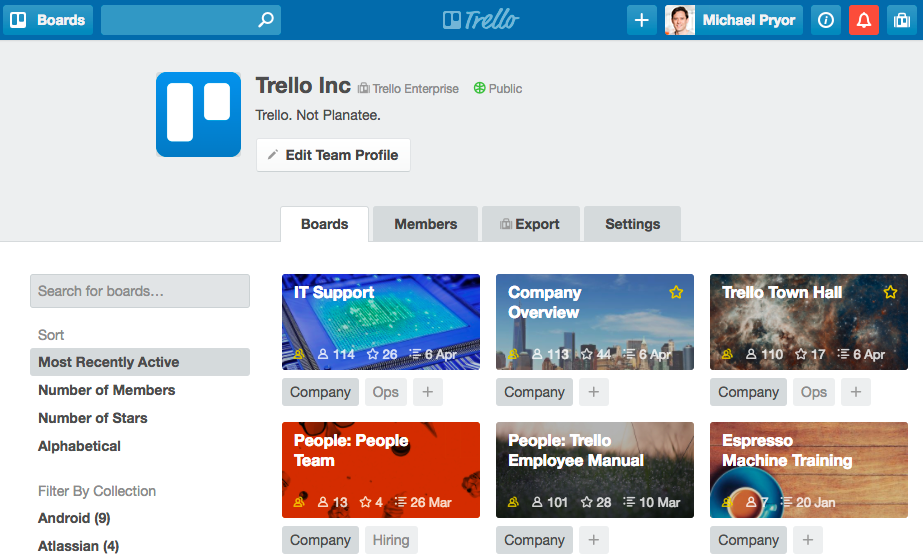

Project collaboration in Trello
SMB Benefits: Besides streamlining project communication, there are many other benefits of using collaboration tools. Let’s look at some of them:
Ideate and discuss projects faster: Project collaboration tools help marketing teams brainstorm within internal social message boards. Whether it’s creating a new ad campaign or publishing newsletters, teams can collaborate and share ideas quickly.
Stay up-to-date with activity streams: With activity streams, team members can quickly view each other’s priorities, project timelines and task dependencies. For instance, social media executives can quickly check the streams to find content that has been recently published, then queue it for promotion. This ensures that teams don’t lose track of tasks in the back and forth of emails.
Work easily with telecommuters or freelancers**:** Marketing teams at SMBs often work with freelancers or have multiple ongoing projects with teams spread across the globe. In such scenarios, collaboration tools are useful for quickly chatting with a colleague or setting-up an online meeting with freelancers.
OUR RECOMMENDATION: Collaboration tools come in two types—standalone and full-featured project management suites. Which one should you choose? In our research on collaboration tools, we found the nearly 60 percent of respondents prefer the latter.
This is because of the benefits of add-on functionalities, such as document management or time tracking features (more on these later), that are necessary for many teams, including marketing departments.
Read further to learn more about these features. Interested readers can also check out our Buyer’s Guide on standalone collaboration tools.
Project Scheduling
Core Use Case: Project scheduling is a crucial requirement, especially for marketing teams that too often find themselves missing deadlines. A survey done by Kapost revealed that 92 percent of marketers identified themselves as least efficient in meeting task deadlines.
The marketing team of a real estate company managing the PR of seven private clubs consulted us for similar reasons:

We want a program that will have a calendar built-in to schedule projects out and get alerts via email whenever deadlines are approaching.
To avoid this, marketing teams can use a schedule management tool to better plan what needs to be done, who’ll do it and by when.
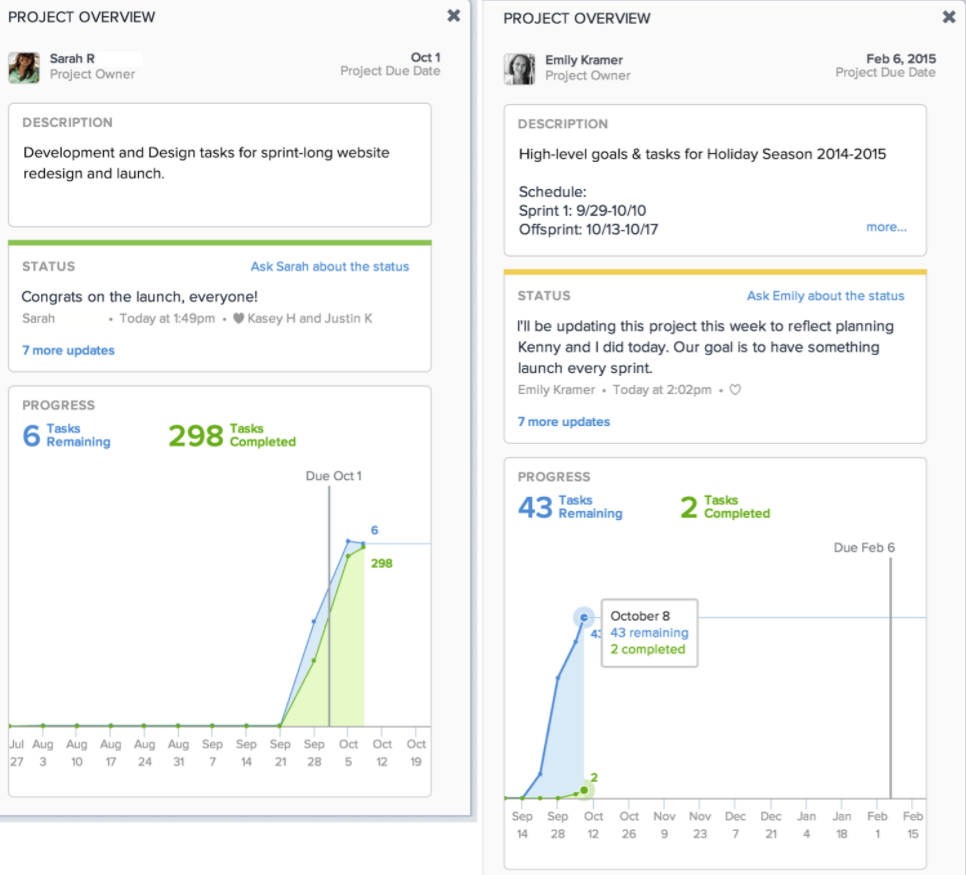
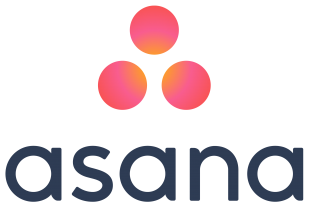
Project overview screen in Asana
SMB Benefits: Schedule management tools are essential for marketing teams working on strict timelines. Here are some of the major benefits of such a system:
Prevent scope creep: A schedule management tool helps define the scope of projects, which is essential for creating the marketing proposal—especially for companies working with external clients.
Manage resources effectively: Project scheduling is not just about assigning tasks to team members. The tool helps you identify the appropriate personnel (and skill sets) for certain tasks based on past performance.
Monitor project progress: The key to managing deadlines is in tracking tasks to their completion. An effective schedule management tool helps marketing teams track tasks from the time of creating marketing proposals to publishing the content.
OUR RECOMMENDATION: Selecting the right schedule management tool can be tricky. The functionalities range from project planning, where you create timelines and roadmaps, to reporting, which includes visual dashboards for tracking the progress of project deliverables.
However, to help you select the right tool, we have created a ready reckoner of the best schedule management tools.
For a more detailed discussion of your business needs and appropriate tools, you can call us at (844) 680-2046 for a free consultation with a software advisor.
Document Management
Core Use Case: As a tool, document management is an extension of project collaboration. But it’s more than just an easy way to share files with project members. A B2B wire and cable distributor was looking for software to help manage projects related to their operations and marketing, and they shared with us a specific use case for document management:

We want to control and store documents with the ability to maintain historical information throughout the project management process.
For marketing teams, it helps in building an internal content repository, which works like a knowledge base that teams can quickly access to find their documents and files.
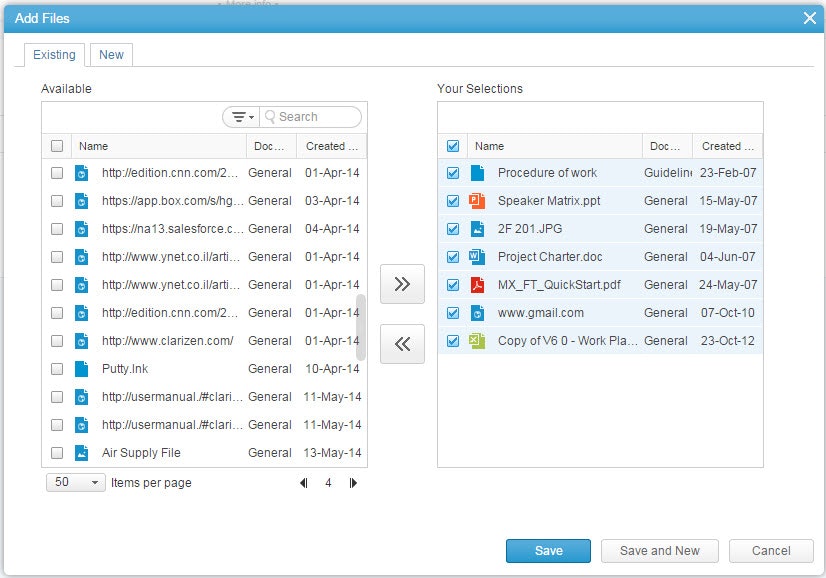
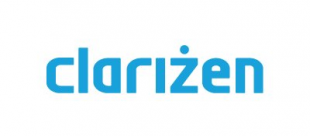
Document management in Clarizen
SMB Benefits: Document management is about organizing and staying in control of project documentation, which goes above the typical dumping of files into a folder. Here are some of the top benefits:
Create a searchable repository: Between contract agreements, marketing proposals and webpage designs, there are tons of documents shared during projects. The tool helps team members tag and make all this content searchable for everyone.
Automate approvals: Marketing teams need to collaborate with other teams, including sales, research and development and the like. The ability to restrict or grant approval to documents based on roles and permissions is crucial in avoiding unnecessary legal hassles.
Share files easily: Last but not least, sharing is of critical importance. Document management tools make it easy for teams to share all kinds of documentation with a simple drag and drop.
OUR RECOMMENDATION: As it was with project collaboration, document management tools come either as standalone offerings or as functionalities within a full-featured project management tool. The best tool for you depends on your business requirements.
Regardless of what you choose, you should certainly check if the tool offers relevant integrations.
For instance, if you’re a marketing team that works closely with the sales team, then be sure to check for customer relationship management (CRM) integrations. You’ll want to share documents with the sales team directly from the CRM system to the document management tool.
Time Tracking
Core Use Case: Time tracking tools help client-based marketing agencies create billable hours reports. For the internal marketing division of a company, the concern is more about measuring employee performance. A U.S.-based marketing firm identified an additional important use for time tracking tools:

We need a system to track hours spent on projects so future projects can be planned effectively with regards to man hours and personnel requirements.
These time-tracking reports help not only with measuring performance, but with effectively planning resources for future projects.
![]()

Time tracking in Mavenlink
SMB Benefits: Online time tracking tools help marketing teams drill down into the time taken by employees to perform day-to-day tasks. Here are the main benefits of using such tools:
Improve employee performance: Time tracking tools help team managers track the workloads of employees. This allows them to make timely adjustments for overstaffed employees. Additionally, managers can incentivize employees by publicly displaying their performance on team dashboards.
Create project costing reports: This is a key requirement for client-based companies that need to produce reports on billable hours. However, it’s not just a post-project reporting functionality—it also helps marketing teams correctly forecast project timelines and not overpromise to clients.
OUR RECOMMENDATION: When it comes to time tracking tools, there are a bunch of project management tools that offer this functionality. However, there are some that cater to specific requirements. For instance, a tool like Hubstaff is suitable if you want to track “idle time” of contractual workers or telecommuters.
There are also free time tracking tools if you’re looking for a simple tool that integrates with your existing system and not a full-featured project management tool.
To get a better understanding of your options, you can also call us at (844) 680-2046 for a free consultation with a software advisor.
Additional Resources
This report intends to drill down on project management tools that are relevant to marketing companies. However, there are a number of tools out there that help marketing teams manage various aspects of their business. Below are guides to some of the most popular tools:
Email marketing software: These tools are used for a wide variety of reasons from lead generation to boosting customer loyalty, via drip emails, newsletters etc.
Reputation management software: Specific to marketing teams that are managing a company’s online presence, these tools are ideal for monitoring and boosting a brand’s reputation online via website reviews, social mentions and so on.
Survey tools: The favorite tool of most marketing teams, surveys are great for market research, capturing leads on a website or even engaging customers on social networks.
Stay tuned for part two of this series, coming soon!